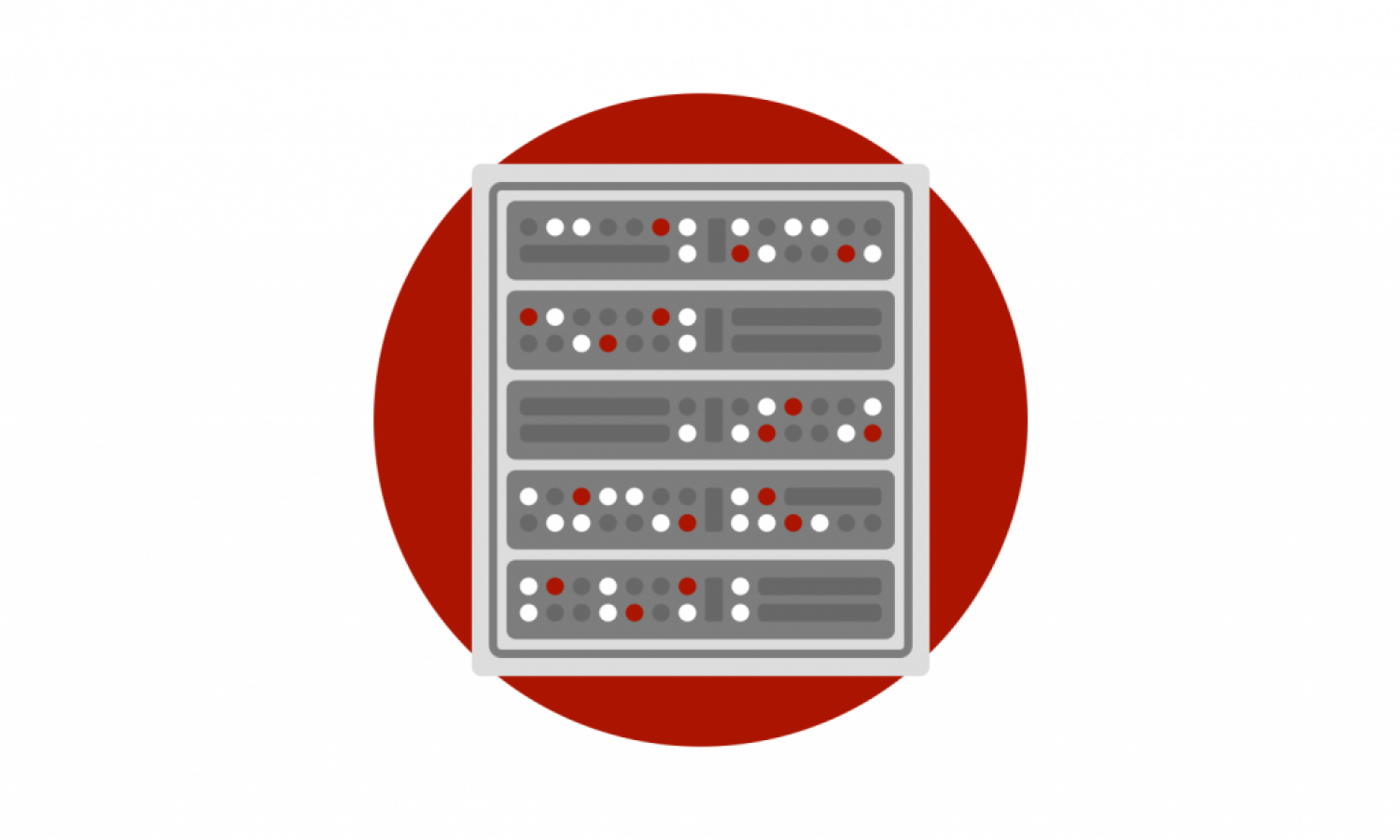WCIT-12 Update: Bringing It Back to Basics
Earlier today, I participated on a conference call with U.S. ITU Ambassador Terry Kramer who gave a substantive update on the environment on the ground at the International Telecommunications Union’s (ITU) 2012 World Conference on International Telecommunications (WCIT-12) in Dubai. There are several key takeaways from the call that I want to share with you.
First, we are in good hands with Ambassador Kramer and the U.S. delegation, which is comprised of 110 leaders from government, industry, and civil society. The U.S. has currently engaged in 25 bilateral meetings so far and continues to be focused on strengthening our position. Kramer wanted it known that ITU Secretary General Dr. Hamadoun Touré of Mali has been trying to meet with delegations and is attempting to build productive consensus. Without that focus on consensus building things could be a lot worse than they stand today.
Consensus is going to be hard to come by, though. If we want WCIT-12 to accomplish anything productive and to not be destructive, it will be crucial to go back to the fundamental charter of this conference – which is how to advance communications globally. That will mean abandoning ideas from certain member states that this should be a conference about how to incorporate the Internet into the ITU. The U.S. delegation and its allies are committed to keeping the goals of WCIT-12 narrow and targeted. Our ability to negotiate on a number of issues is limited by design until we properly frame this initial issue detailing the scope of the treaty. That means we aren’t even engaged in a number of different bilateral talks, because we don’t agree that they should be in the scope of the WCIT-12 at all – areas such as cybersecurity.
To that end, the current focus for the U.S. delegation remains the overall applicability of the treaty, and whether it will apply to Registered Operating Agencies (ROA) or Operating Agencies (OA). In layman’s terms, it’s a discussion on whether this treaty will apply to a small group of state-run telcos, or a whole big list of companies it shouldn’t, including possibly even aspects of global Internet governance. The U.S. and Canada introduced a proposal to narrowly focus all proposals as on applying to ROAs, but it was not accepted. The U.S. and its allies are going to be willing to engage on many more productive talks if they could agree on ROA. Conversely, parts of Africa, Asia, Russia, and India are amongst those advocating for OA. There will be a formal discussion on this topic to try to build consensus on Monday.
In addition, there is a concerning proposal from Russia on the topic of Internet governance, suggesting that groups like ICANN aren’t functioning properly and that governments should intervene. We are in stark opposition to this plan, as it violates our goals for the conference.
As we begin to look towards next week, the U.S. delegation is committed to our fundamental tenets of not including the Internet and of not creating risks for multistakeholder Internet governance. I look forward to updating you as I learn more moving forward.

